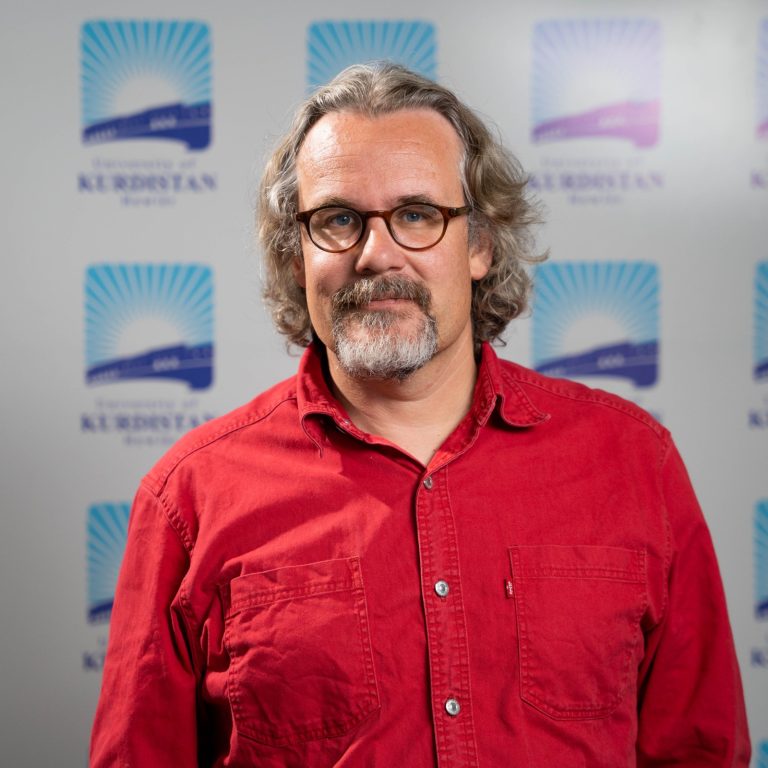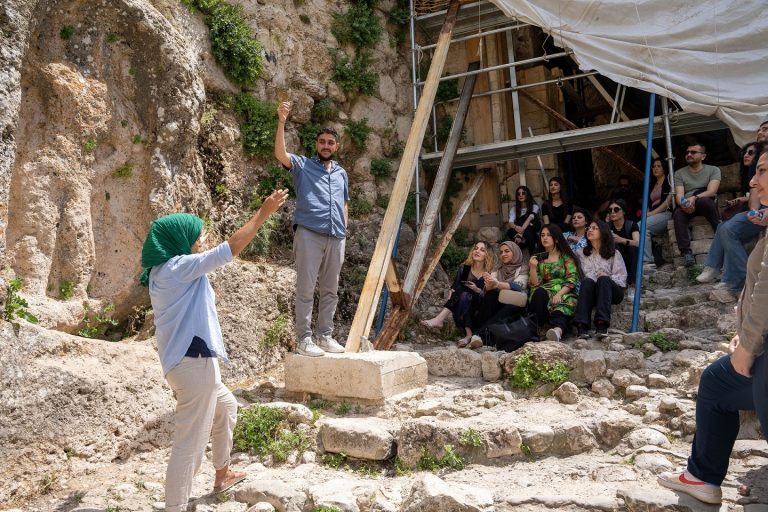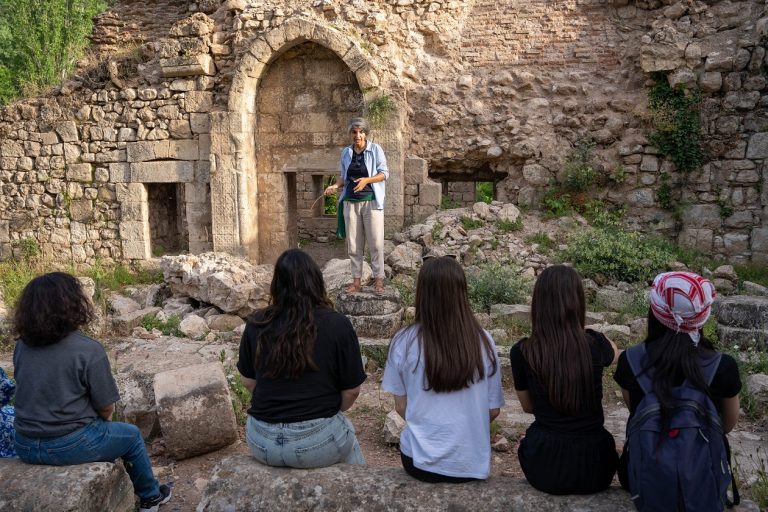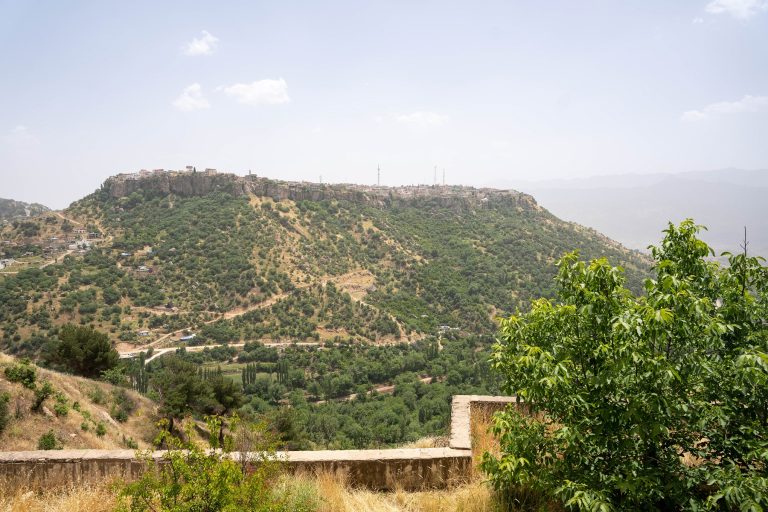Exploring Kurdistan’s Rich History with an Educational Trip to Amedi
By Raza Soran
UKH optimises learning experiences for its students so much so that it arranges voluntary trips to historical sites to further educate the students. Professor Thomas Schmidinger is a great example of this, taking his curious students on a trip to Amedi, the historical capital of the Emirate of Bahdinan. This left the students inspired and motivated to further their knowledge of the history of Kurdistan.
Professor Thomas Schmidinger
The ideal learning experience can only be accomplished by two components: dedicated and captivated individuals pursuing knowledge and sharing it with others, and a land rich with history. The conductor of this trip was Dr. Thomas Schmidinger, a political scientist and social and cultural anthropologist who is currently a visiting professor at UKH. He wanted to voluntarily provide further insight into the modern history of the Kurds course that he ran for PIR UG2 students, but it was open for students from other departments as well.
Dr. Schmidinger wanted to teach the students their country’s history and historical architecture, as he’s observed that students would usually lack such insights. Although Dr. Thomas is knowledgeable about Amedi, he was accompanied by Ms. Lanah Haddad, an Iraqi Kurd archeologist. Ms. Lanah could provide even further insight on various buildings, which was a very educational experience for the few architecture students who joined.
Ms. Lanah Haddad
Amedi, also known as the old capital of the Emirate of Bahdinan, was filled with great sites for the students to observe. The notable sites were the Amedi gate, also known as the Mosul gate, with which Ms. Lana shared the restoration process. Likewise, at the entrance of it, they explored the reliefs of the Kurdish and Parthian Emirate periods. Another site was “Qobhana Madrasa,” which was one of the first Islamic Studies and Education Schools in Kurdistan and was built in the 17th century. They also explored Chaldean and Assyrian churches, along with the remains of a mosque and synagogue next to each other, which proves the religious tolerance and diversity of Amedi. All these wonderful sites inspired the students to want to educate themselves and others about Kurdistan’s history. One student claimed that “the trip exceeded our expectations”. One student claimed “It was a once-in-a-lifetime experience”.
To conclude, without a doubt, UKH has the most dedicated staff, accompanied by the most intrigued students, which offers the optimal learning experience and environment. As we’ve seen with Dr. Thomas and the students who joined him to Amedi to see the historical artefacts of Kurdistan along with the diversity of this land between Jews, Christians, and Muslims.



